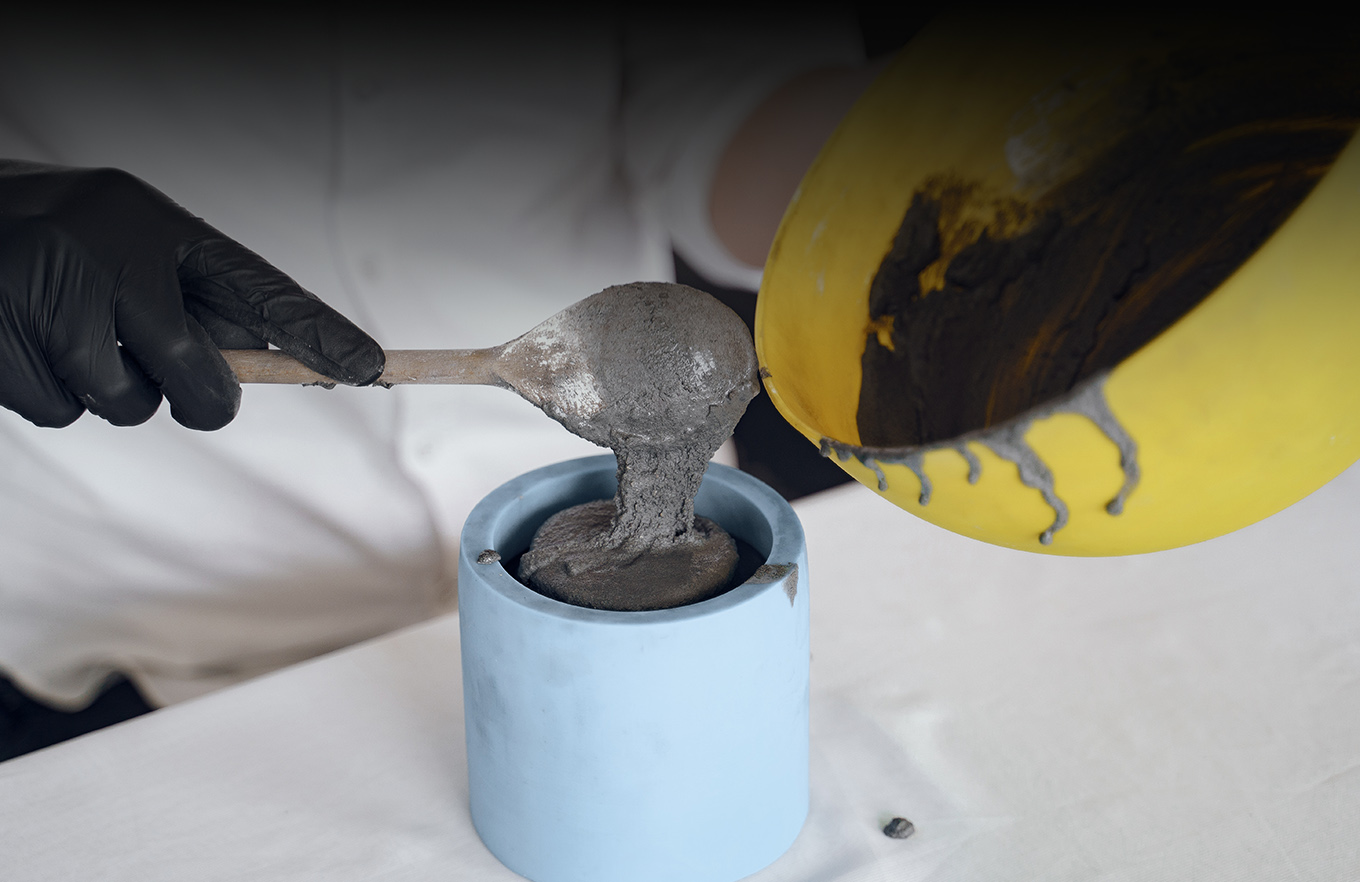
Finding the right rubber adhesive for industrial use is a critical step for manufacturers and businesses across Pakistan’s growing industrial sector. Whether you’re involved in automotive, furniture, packaging, or other heavy-duty industries, choosing the correct adhesive ensures product durability, safety, and cost efficiency. With numerous options available, understanding the key factors behind selecting a high-quality rubber adhesive can help you avoid costly mistakes and subpar results.
In this article, we will explore essential tips to consider when buying rubber adhesive for industrial use in Pakistan. We will also discuss the importance of collaborating with a reputable furniture adhesive supplier in Pakistan to ensure consistent and effective bonding solutions. Partnering with established names like Samad Adhesive can improve your industrial adhesive experience through reliable products and expert support.

Rubber adhesives are valued in industries for their exceptional elasticity, strong bonding, and resistance to heat and chemicals. They are used extensively in manufacturing, especially where flexibility and durability are critical. For industrial applications, rubber adhesives are chosen to bond materials like rubber, leather, fabrics, metals, and plastics effectively.
Choosing the right rubber adhesive for industrial use means looking for formulations that suit your specific materials and operational environments. Samad Adhesive, a trusted name in Pakistan, offers industrial-grade rubber adhesives designed to meet diverse manufacturing needs, ensuring high-performance and reliability.
One of the first considerations when buying rubber adhesive for industrial use is product quality. It is vital to select adhesives that have undergone stringent quality control and meet international standards. Certifications such as ISO or ASTM indicate that the adhesive performs consistently and safely under industrial conditions.
Samad Adhesive maintains rigorous quality assurance protocols, offering products that comply with global manufacturing standards. Checking for such certifications helps prevent product failures that could disrupt production or damage finished goods.
Rubber adhesives must provide excellent adhesion without compromising flexibility or longevity. When buying rubber adhesive for industrial use, consider factors like bonding strength, cure time, resistance to environmental conditions, and compatibility with the materials involved.
Samad Adhesive develops adhesives that are tested extensively across different substrates to ensure they meet industrial performance expectations. This is particularly important in sectors like furniture manufacturing, where the right adhesive improves both product durability and aesthetic quality.
In industrial settings, timely supply is crucial to maintaining production schedules. When selecting a rubber adhesive for industrial use, ensure that the supplier can provide consistent inventory and prompt delivery.
Samad Adhesive has built a reliable supply chain within Pakistan, supporting industrial clients with regular stock and efficient logistics. This reliability helps manufacturers avoid costly downtime and manage their production flow smoothly.
While quality should never be compromised, pricing remains a significant factor for businesses purchasing adhesives in bulk. A competitive price combined with high-quality rubber adhesive ensures good value.
Samad Adhesive balances affordability with superior product performance, offering industrial clients cost-effective solutions that do not sacrifice quality or reliability.
Industrial adhesives can involve chemicals that impact worker safety and environmental health. It’s important to select rubber adhesives that are formulated to minimize hazardous emissions and comply with environmental regulations.
Samad Adhesive invests in environmentally responsible formulations and safer production processes, helping industries meet sustainability goals while ensuring safe handling.
Different industries and applications often require customized adhesive solutions and expert advice. Choosing a rubber adhesive manufacturer who provides technical support can make a big difference in the success of your projects.
Samad Adhesive offers tailored advice and customized formulations, enabling businesses to optimize adhesive performance for their unique industrial needs.
Selecting the right rubber adhesive for industrial use involves a thorough evaluation of product quality, performance, supply reliability, pricing, and environmental responsibility. Partnering with a trusted supplier such as Samad Adhesive ensures that you receive durable, high-quality adhesives suited for your industrial applications.
Additionally, working with a reputable furniture adhesive supplier in Pakistan like Samad Adhesive helps streamline procurement and technical support, making it easier to meet production deadlines and maintain quality standards.
By considering these essential tips, you can make informed decisions and boost your industrial adhesive sourcing strategy.
Contact Samad Adhesive today for expert advice and quality rubber adhesives tailored to your industrial needs.
Rubber adhesive offers strong, flexible bonds and resists heat and chemicals, making it ideal for diverse industrial applications.
Look for suppliers with proven quality, certifications, consistent supply, and strong customer support like Samad Adhesive.
Top manufacturers like Samad Adhesive produce adhesives with reduced harmful emissions, meeting safety and environmental standards.